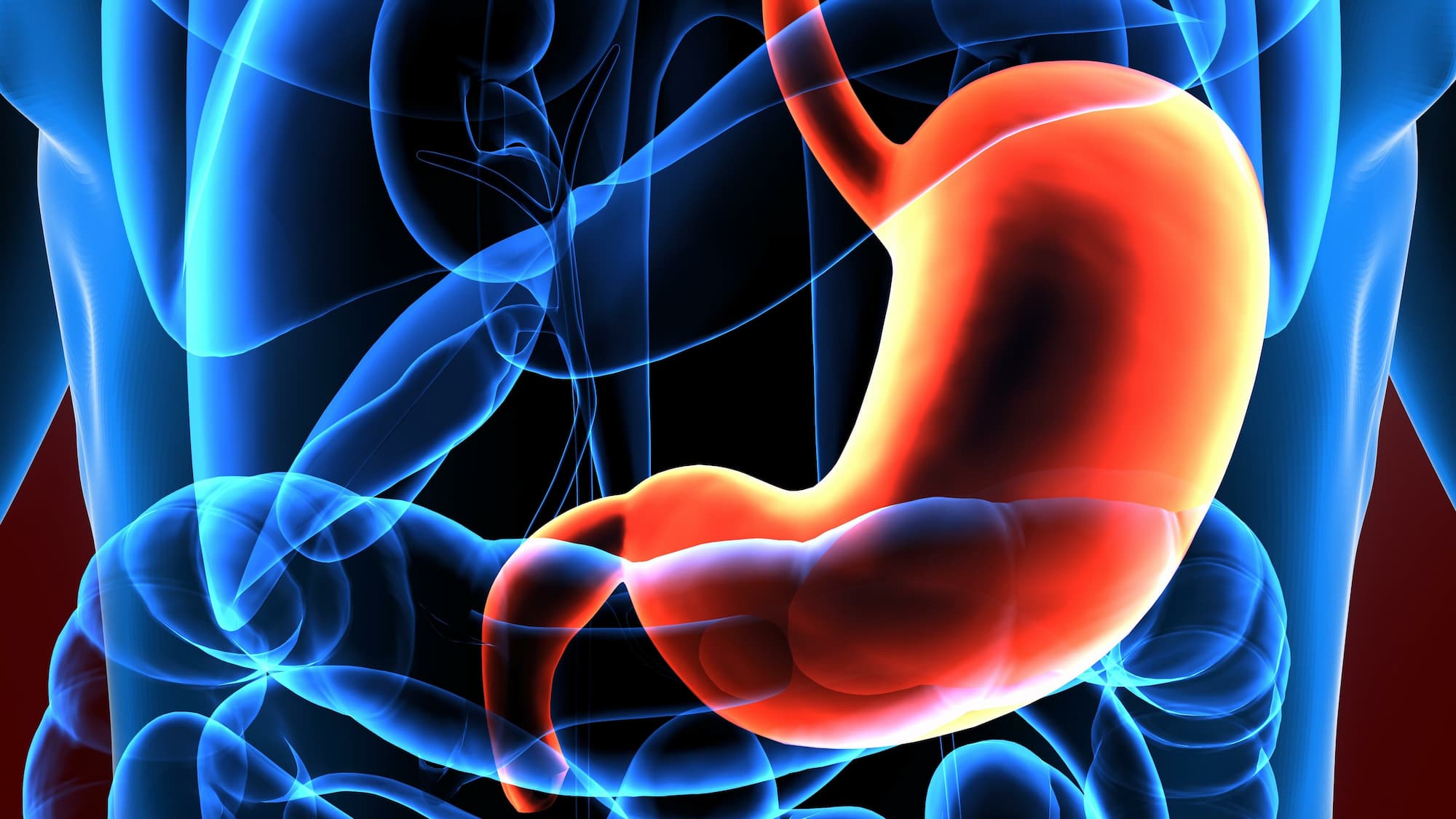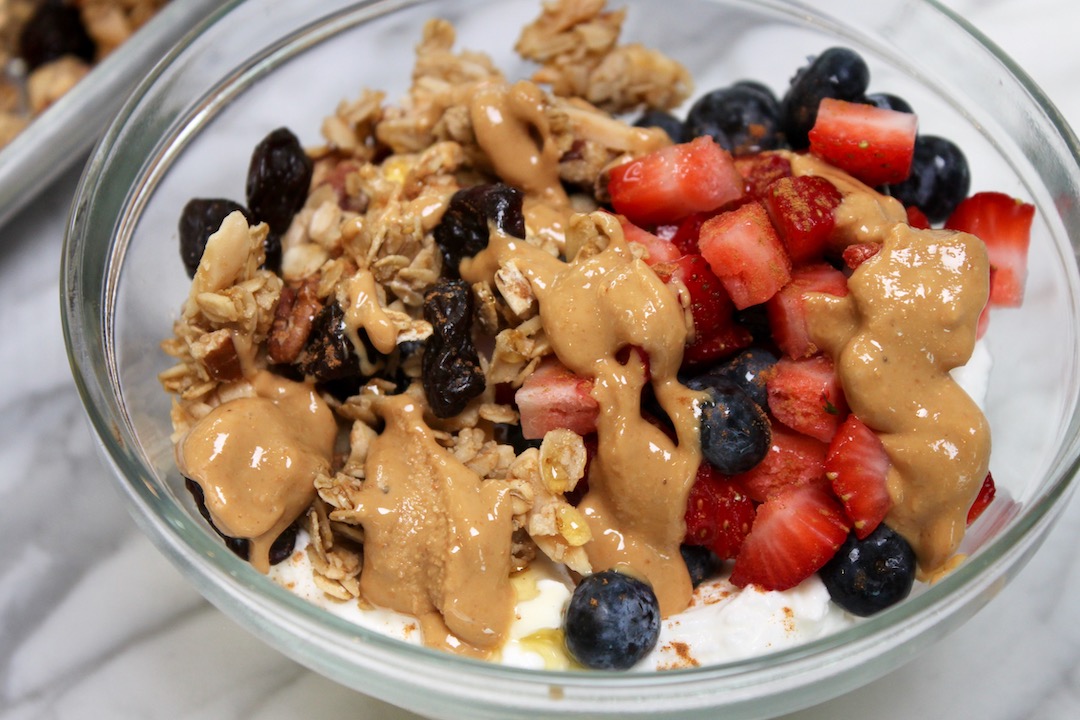When we talk about weight loss, the first things that come to mind are diet and exercise. But there’s another important factor that often gets overlooked—sleep. That’s right, how much sleep you get (or don’t get) can have a major impact on your ability to shed those extra pounds. Sleep affects everything from your metabolism to your hunger levels, so if you’re serious about losing weight, getting a good night’s rest should be a top priority.
In this article, we’ll dive into how sleep and weight loss are connected, and share some simple tips to help you get better rest so you can wake up feeling energized and ready to tackle your fitness goals.
How Does Sleep Affect Weight Loss?
Sleep is more than just a time for your body to rest and recharge; it plays a vital role in regulating your metabolism, hormones, and even your cravings. Here’s a breakdown of how it all works:
- Sleep Regulates Hunger Hormones: Ever notice how after a bad night of sleep, you’re hungrier the next day? That’s because sleep directly impacts the hormones that control your hunger—ghrelin and leptin. Ghrelin is the hormone that tells your brain you’re hungry, while leptin signals that you’re full. When you don’t get enough sleep, your ghrelin levels spike, and your leptin levels drop, leaving you feeling ravenous even when you’ve had enough to eat. This can lead to overeating and sabotaging your weight loss efforts.
- Lack of Sleep Slows Down Your Metabolism: Sleep is crucial for keeping your metabolism running smoothly. When you’re sleep-deprived, your body’s ability to process and burn calories slows down. This means even if you’re eating the right foods and working out regularly, not getting enough sleep can still make it harder to lose weight. Over time, a sluggish metabolism can lead to weight gain or make it difficult to burn fat.
- Increased Cravings for Junk Food: Sleep deprivation can also affect the types of foods you crave. When you’re tired, your brain craves quick energy, which often means sugary, high-carb, and fatty foods—basically everything that’s not great for weight loss. Combine this with increased hunger from hormone imbalances, and it becomes much harder to stick to a healthy diet.
- Sleep Improves Exercise Performance: A well-rested body is a more efficient body. When you get enough sleep, you’re more likely to feel energized and motivated to exercise. You’ll also perform better during your workouts, which can help you burn more calories and build lean muscle. On the flip side, when you’re tired, your workouts feel harder, and you’re less likely to push yourself, which can stall your progress.
Tips for Better Sleep
Now that you know how important sleep is for weight loss, here are some simple tips to improve your sleep quality and get the rest your body needs:
- Stick to a Sleep Schedule: Try to go to bed and wake up at the same time every day, even on weekends. A consistent sleep schedule helps regulate your body’s internal clock, making it easier to fall asleep and wake up feeling refreshed.
- Create a Relaxing Bedtime Routine: Establish a calming pre-sleep routine to signal to your brain that it’s time to wind down. This could include activities like reading, taking a warm bath, or doing some light stretching. Avoid stimulating activities like watching TV or scrolling through your phone, as the blue light can interfere with your body’s production of melatonin—the hormone that helps you sleep.
- Watch What You Eat and Drink: Avoid large meals, caffeine, and alcohol close to bedtime. Heavy meals can cause discomfort and make it harder to fall asleep, while caffeine can keep you wired for hours. Although alcohol may make you feel drowsy at first, it can disrupt your sleep cycle and leave you feeling groggy the next day.
- Make Your Sleep Environment Comfortable: Your bedroom should be a peaceful retreat designed for sleep. Keep the room dark, quiet, and cool—ideally between 60-67°F. Invest in a comfortable mattress and pillows to support a restful night’s sleep. If noise or light is an issue, consider using earplugs or a sleep mask.
- Limit Naps: While short naps can be a great energy booster, long or irregular naps during the day can mess with your sleep cycle. If you must nap, try to limit it to 20-30 minutes and avoid napping late in the afternoon.
- Get Moving During the Day: Regular physical activity can improve sleep quality, but try to avoid intense exercise right before bed. Working out earlier in the day can help you fall asleep faster and enjoy deeper sleep at night.
- Manage Stress: Stress and anxiety are common culprits of poor sleep. Practice relaxation techniques like meditation, deep breathing, or journaling to help calm your mind before bed. The less stressed you feel, the easier it will be to fall asleep and stay asleep.
Wrapping It Up
It’s easy to overlook the importance of sleep when you’re focused on your weight loss goals, but the truth is, it’s just as crucial as diet and exercise. By making sleep a priority, you’ll help your body regulate hunger, improve your metabolism, and give yourself the energy needed to stick to your workout routine.
















